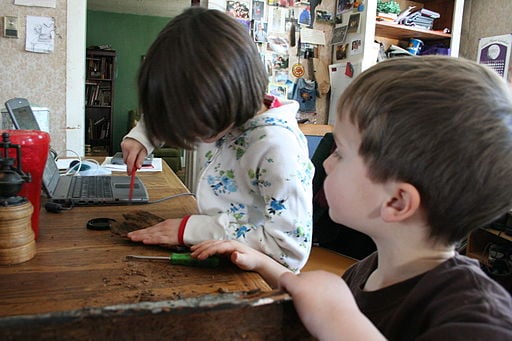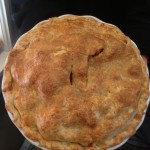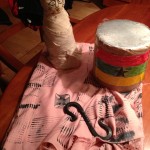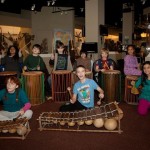After teaching in New York for five years, I went to grad school. If I thought I had done a lot of work to root out my racism, grad school took it to a whole new level.
It was there that I learned the term White ally. White allies recognize their own unearned privilege and work with others to fight oppression and share power. I loved the term, especially because it gave me a clear sense of what my role should be in a messed up system I didn’t create but nonetheless benefit from.
Allies don’t pretend to be from the same country; they are simply fighting together in the same cause. I cant know what it’s like to send my black boy to a predominantly white school or what it’s like to be a black woman turned down for a job she should have received. It would be insulting to assuming I can. But I can work to end racist beliefs, practices, and systems.
That was all well and good, but over time it didn’t quite fit. For one, I do very little explicit anti-racism work these days. But more important, the term ally doesn’t quite capture the truth of my experience anymore.
Allies are partnerships of convenience. Their interests are not identical. Allies shift as interests shift. Allies are neighbors, yes, but there are borders. Like I said, I know why it’s important to acknowledge that I am White. I’m always going to be White and I’m never going to be anything else.
Still, I feel something deeper than ally now. The borders are not as secure as I once thought. It’s here that my Pentecostal church provides me a better identity. There, I am called Sister Tara. I love the way that sounds. As a sister, I stand not next to, but with my brothers and sisters. We are a family.
Sisters are not twins, but they are more than allies. I know because I have two sisters. I cannot know what Brenda experiences with Multiple Sclerosis, but I know that my heart aches for her in a way that can only be explained by sisterhood. I cannot know what it’s like for Jenny to work every day with young children who die from Cystic Fibrosis, but my heart swells with pride in a way that can only be explained by sisterhood.
In their short lives, the boys have called three other children brother or sister: Eliot, who is just as pasty white as they are. Sophia, who is bi-racial White and Chinese. And Cutie Pie, who is bi-racial, born in the US to a Liberian mother and El Salvadoran father. When other kids have questioned the boys assertions that one of the three was indeed their sibling, the boys fiercely insisted that he or she was indeed a brother or sister. When Eliot moved, Ezra was so upset that he told his teacher, “My brother was killed in the park last week.” That’s what brotherhood feels like.
Having read Nurture Shock, I wish I had taken the opportunity to talk explicitly with the boys about why people questioned their right to call those children siblings. After which I could have affirmed their decision to claim brotherhood as their identity.
Luckily – or tragically – we’ll all have plenty more opportunities to learn what it means to be brothers and sisters in a racist world.











